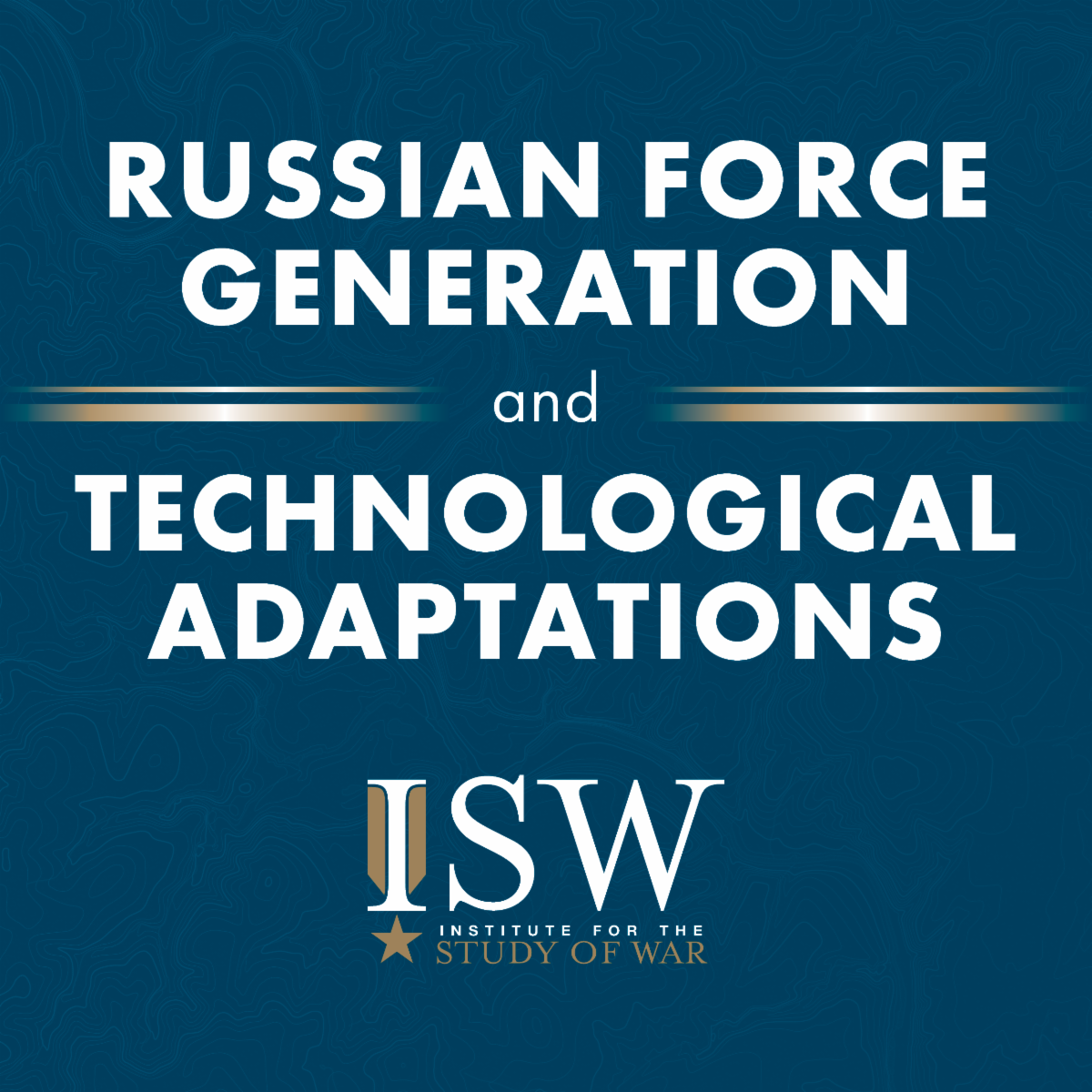Russian President Vladimir Putin reiterated his commitment to raising a new elite comprised of loyal veterans via the Time of Heroes federal program, which appoints veterans into positions of federal, regional, and municipal power. Putin met with Time of Heroes participants on June 11 to commemorate Russia Day and stated that he had created the Time of Heroes program to ensure that future Russia is connected to Russian veterans. Putin stated that 65,000 veterans applied to participate in the first two cohorts of the Time of Heroes program, and that 45 of the first 83 Time of Heroes participants received various appointments. Time of Heroes alumnus Captain Vladimir Saibel, who now serves as the Deputy Chairperson of the Russian Presidential Veterans' Issues Commission, addressed the crowd by extolling the Time of Heroes participants and underscored the program's ability to act as a vehicle for social mobility. Saibel notably pointed out his affiliation with the Russian Railways state company and noted that the Russian Railways is the largest company in Russia that supports Russian veterans and their families. Saibel's mention of Russian Railways is likely part of the ongoing Kremlin effort to pressure Russian companies to hire Russian veterans and bear the burden of reintegrating Russian veterans into society. Putin's statements indicate that the Kremlin is prioritizing the Time of Heroes program's focus on reintegrating servicemen to mitigate risks associated with veterans of the war in Ukraine returning to civilian life aggrieved and to bolster civil-military relations in an effort to sustain support for the war.
Key Takeaways:
- Russian President Vladimir Putin reiterated his commitment to raising a new elite comprised of loyal veterans via the Time of Heroes federal program, which appoints veterans into positions of federal, regional, and municipal power.
- Senior Kremlin officials reportedly stated that some Time of Heroes alumni and veterans are already making steep demands to be appointed to senior Kremlin positions. Putin may be introducing some barriers to temper veterans’ expectations and prevent veterans from making lofty demands.
- The Kremlin may once again inadvertently nurture a threat to Putin’s regime stability by emboldening veterans who may use their influence to advance their personal, financial, or political ambitions at the expense of Putin’s regime.
Russian Mobilization and Force Generation Efforts
- The Russian Ministry of Defense (MoD) reportedly recruited almost 90,000 personnel during the first three months of 2025 by exceeding the federal recruitment budget for 2025.
Russian Involuntary Military Service
- Russian officials denied the need to conduct another mobilization wave in response to the Russian Ministry of Defense's (MoD) Main Military-Political Directorate Deputy Head and Akhmat Spetsnaz Commander, Major General Apti Alaudinov's call on the Kremlin to mobilize 500,000 to one million soldiers.
Russian Force Centralization
- Russia's crowdfunding efforts in support of the Russian military have dramatically declined in 2024, likely as a direct result of the Kremlin's growing restrictions on Russian crowdfunding efforts since early 2023.
Russian Military Reforms and Force Restructuring
- Putin confirmed that Russia is forming a separate military branch for unmanned systems called the Unmanned System Forces (USF) and attempted to deflect criticism for the belated establishment of this branch.
Russian Defense Industrial Base
- Russian milbloggers criticized the Russian state-owned defense conglomerate Rostec for failing to reverse engineer Western-provided Ukrainian weaponry.
Technological Adaptations
- The Russian Cabinet of Ministers announced on June 13 that Russian developers tested laser anti-drone systems, which will reportedly make up Russia's universal air defense system.
| 




 [ISW] 이란 업데이트 특별 보고서, 2025년 6월 18일, 모닝 에디션
[ISW] 이란 업데이트 특별 보고서, 2025년 6월 18일, 모닝 에디션
 [ISW] 이란 업데이트 특별 보고서, 2025년 6월 17일, 저녁 에디션
[ISW] 이란 업데이트 특별 보고서, 2025년 6월 17일, 저녁 에디션